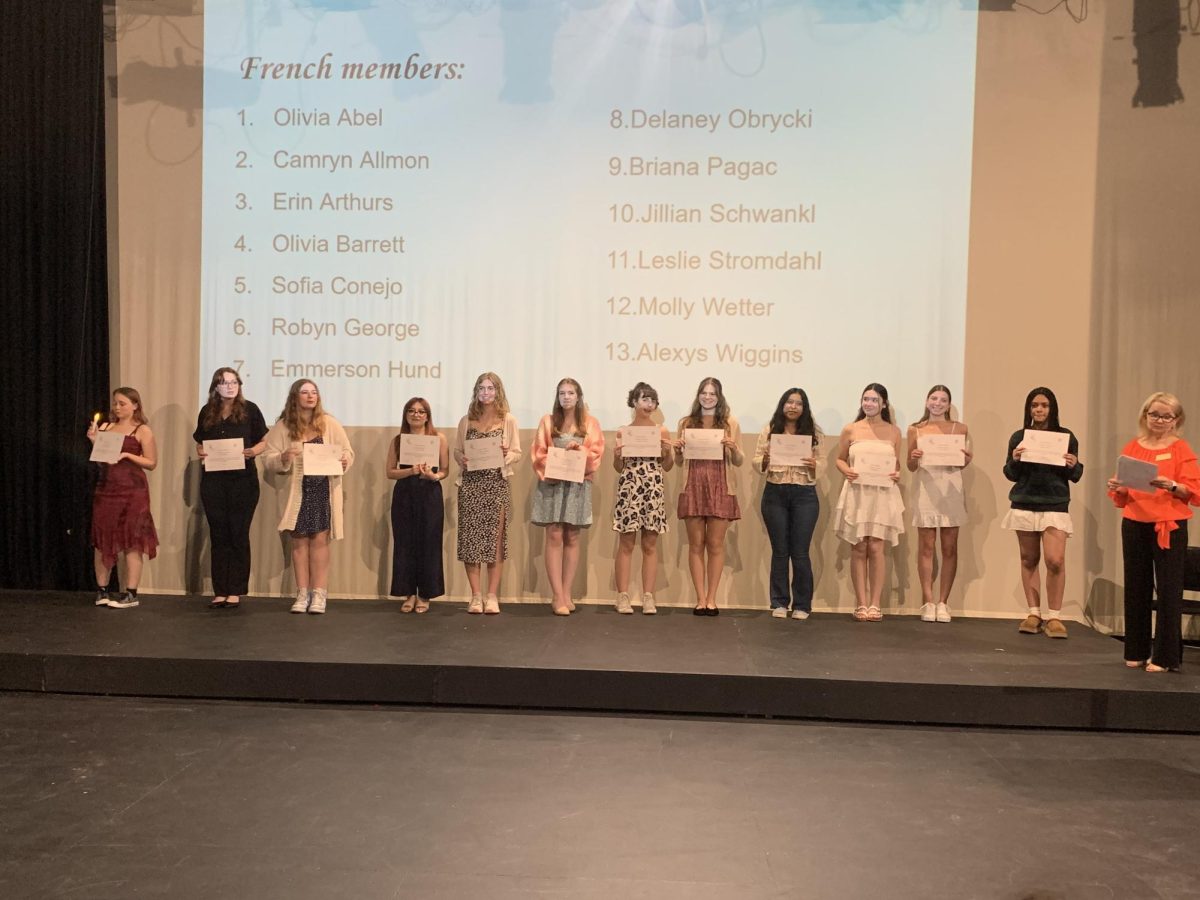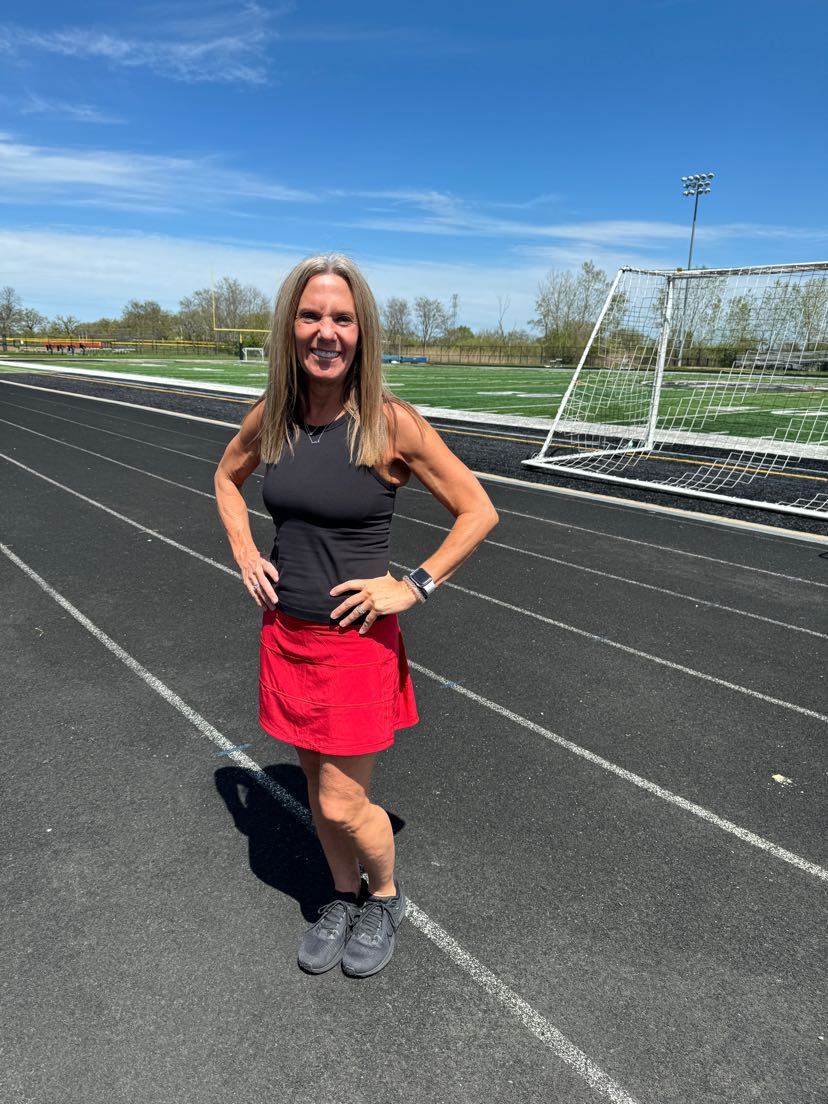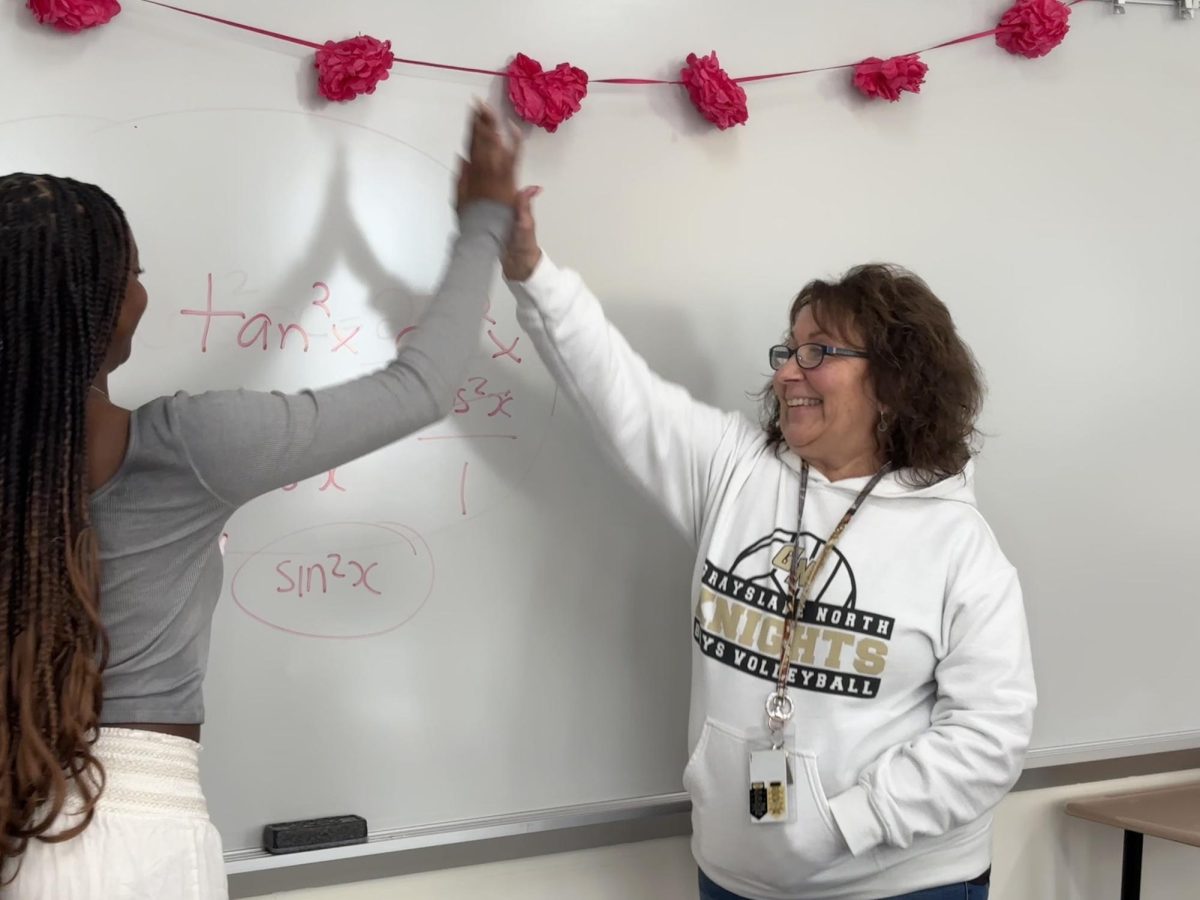Therapy dogs are known to help students build confidence, alleviate stress, and offer emotional support. The therapy dogs at Grayslake North are here to help with that.
The roles that the therapy dogs provide help a lot around the school, teachers and students alike. They help by creating a more positive outlook on school and work, as well as by reducing stress. Their training is extensive. They have obedience and exposure training so that they won’t get overwhelmed, for example, by the number of students at assemblies not to mention passing periods.
“A lot of obedience training and exposure, especially for school. If you can imagine how chaotic a passing period is or being in the gym for an assembly as a student, imagine how that would be for a dog to be around a thousand kids,” said social worker Amy Fitzgerald.
The training skills that a therapy dog learns are specialized. Dogs provide comfort for individuals, such as by reducing their stress levels. Or just getting to see a familiar and comforting animal can be helpful. The therapy dogs are great to have for students as well as staff.
“I think they’re a great addition. They’re beneficial to not just the students but the staff and everyone who gets a chance to be around them. Hopefully, some fun and give us peace of mind,” said Officer Mario Balarin, the school resource officer. “They help with a calming effect, just from my own experience and also from seeing dogs utilized for men and women who suffer with PTSD and seeing how beneficial it can be with you know what to do in such circumstances.”
Benefiting from the stress that dogs can alleviate can improve someone’s mood and social interactions and help increase motivation. The other aspect is that it can contribute to a more positive outlook on school, which would likely increase the productivity of students and staff members alike
“I think it helps people, like if they’re stressed out and they don’t want to be in class. They go to Ms. Fitzgerald and see the dogs, and the dogs get them in the right mindset,” said senior Jonathan Hardges.







